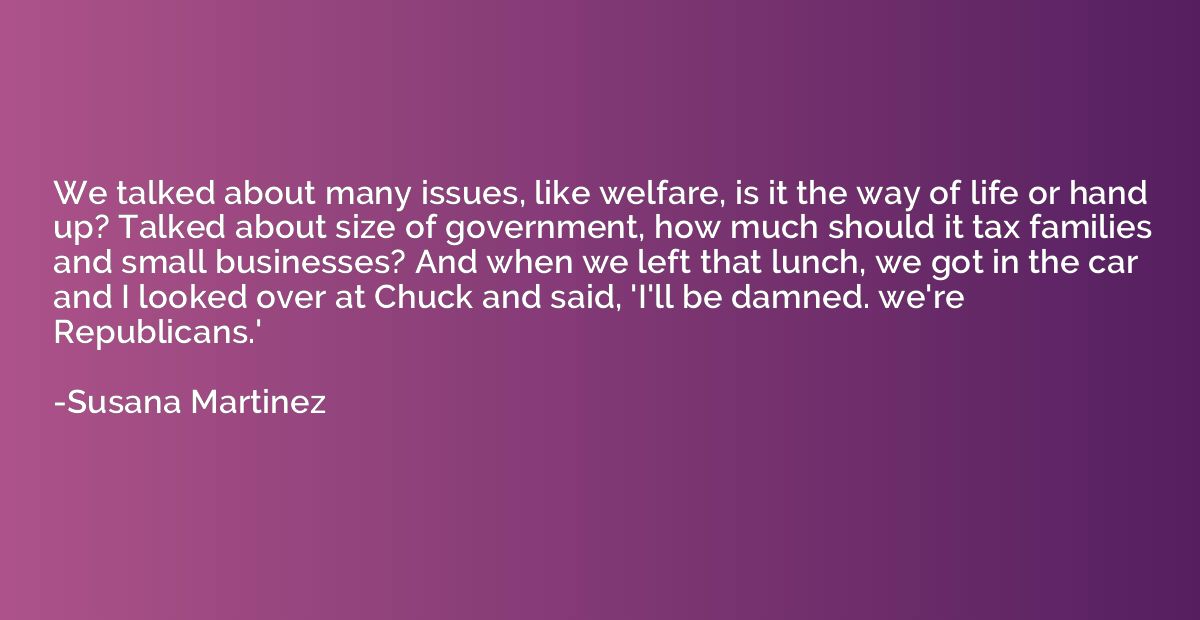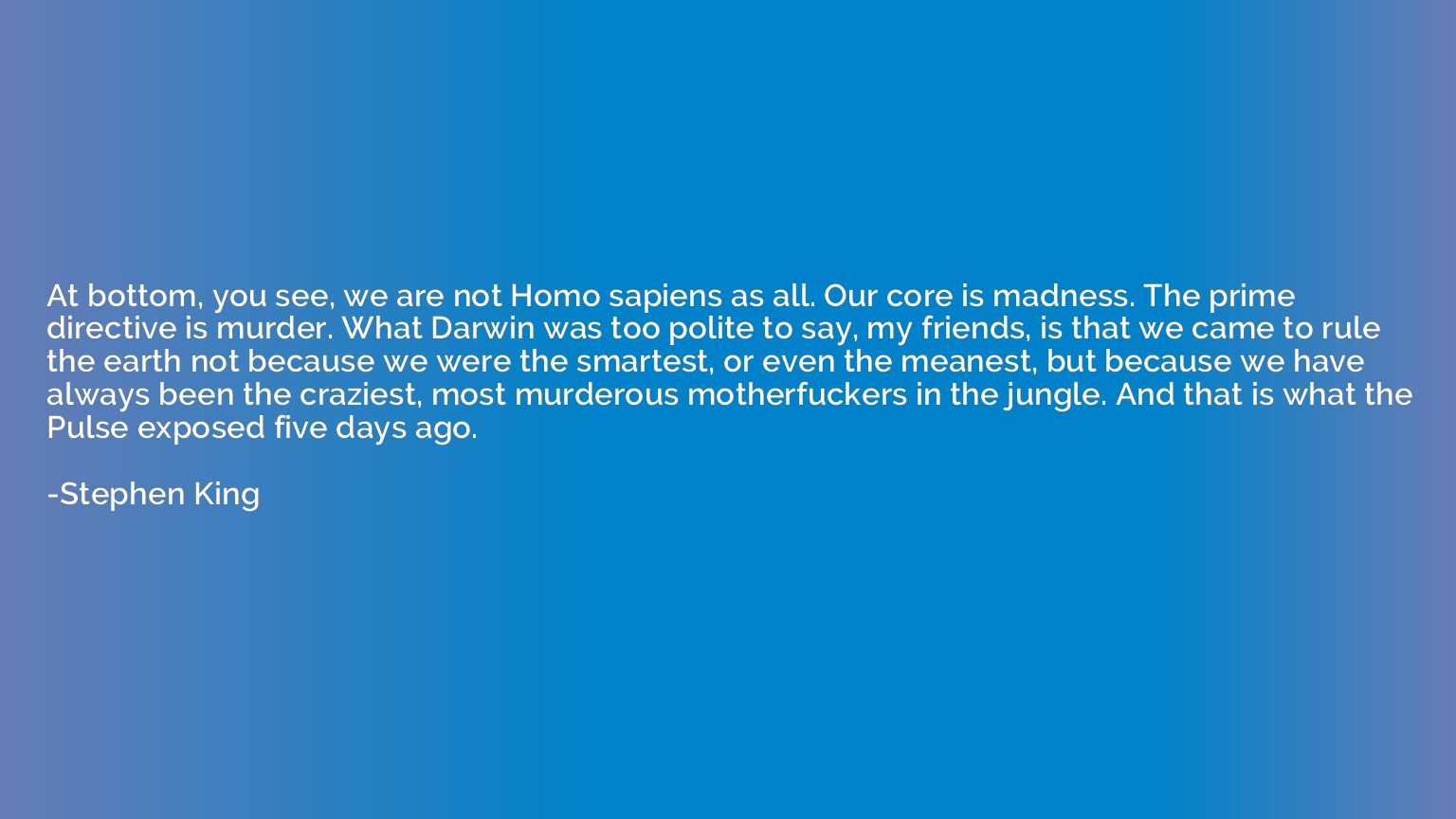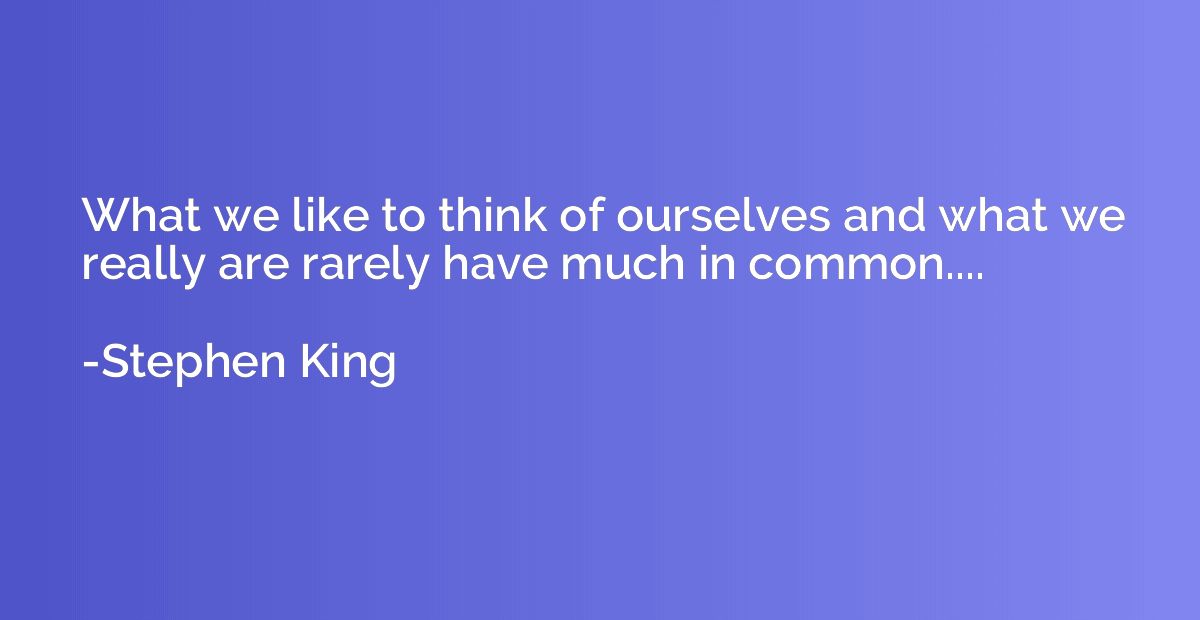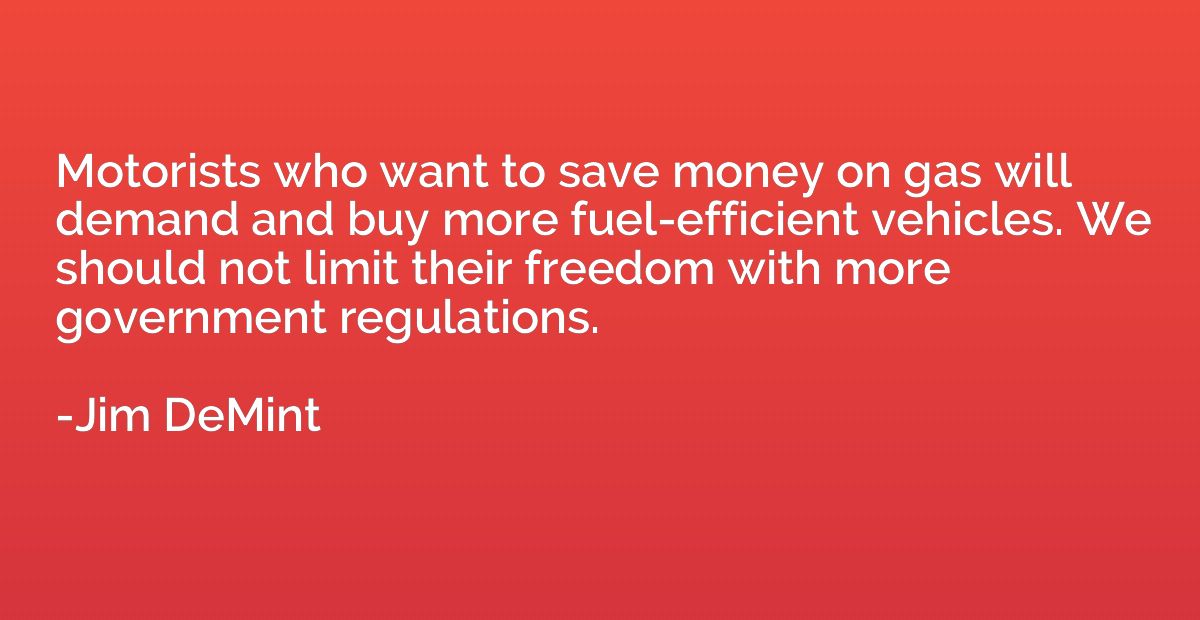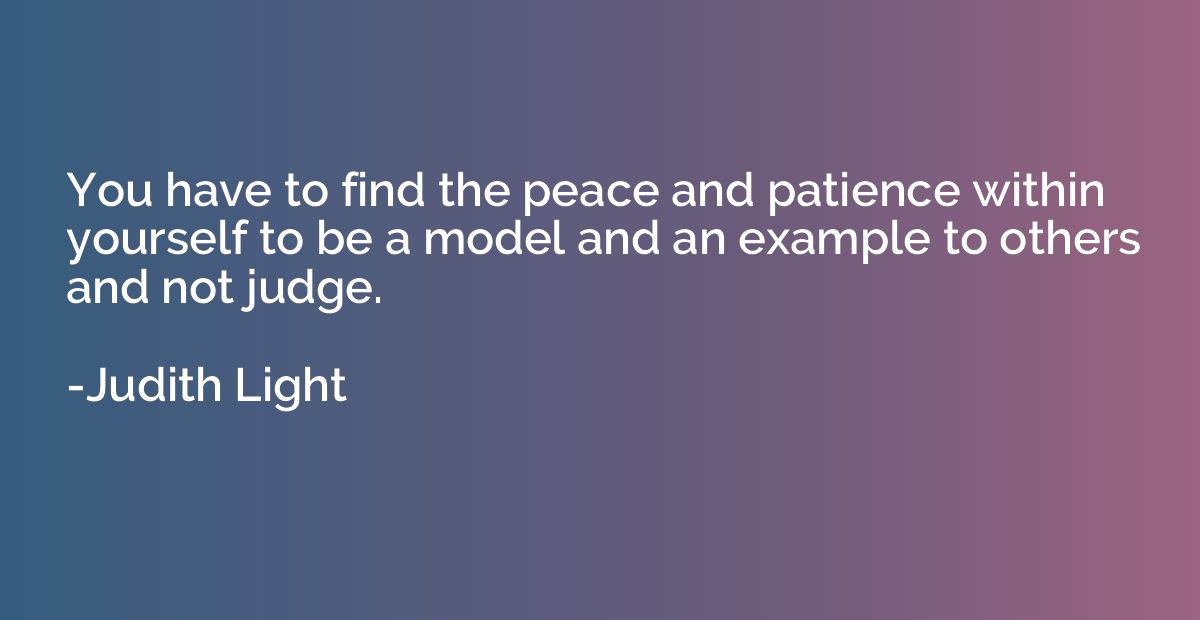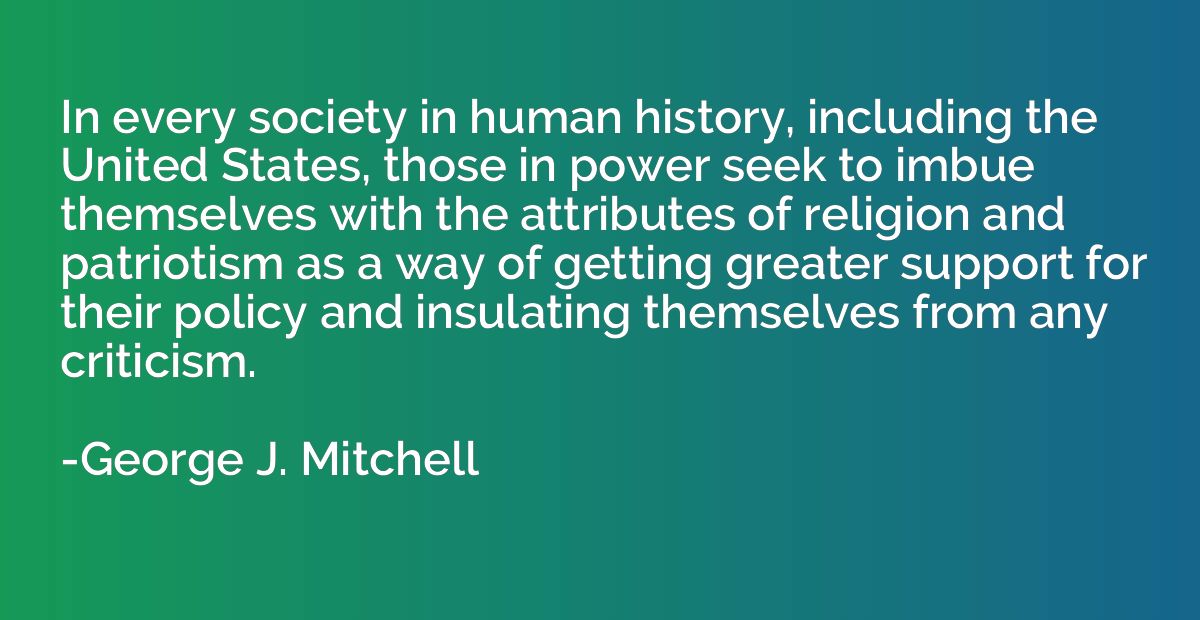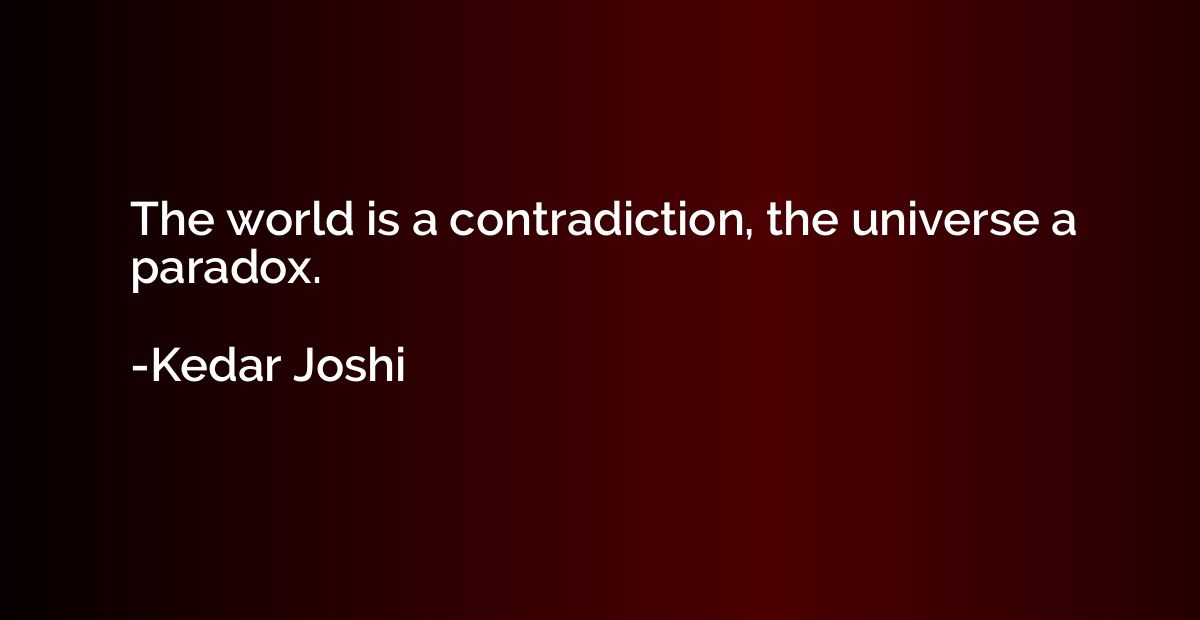Quote by Daniel J. Boorstin
The improved American highway system isolated the American-in-transit. On his speedway he had no contact with the towns which he by-passed. If he stopped for food or gas, he was served no local fare or local fuel, but had one of Howard Johnson's nationally branded ice cream flavors, and so many gallons of Exxon. This vast ocean of superhighways was nearly as free of culture as the sea traversed by the Mayflower Pilgrims.
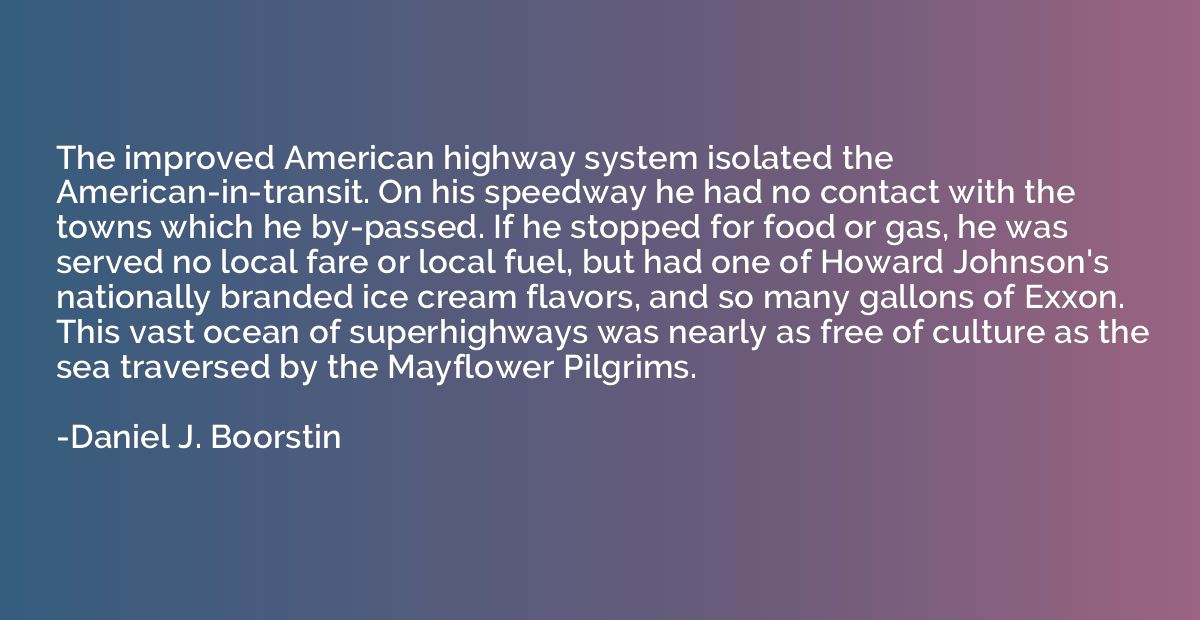
Summary
This quote highlights the negative impact of the American highway system on the sense of local and cultural connection. It suggests that the convenience and speed of these highways isolated travelers from the towns they passed through, depriving them of the unique experiences and products that each place offers. Instead, travelers were provided with standardized options like nationally branded ice cream and fuel, erasing the sense of local identity and culture that would have been present in different areas. The comparison to the sea traversed by the Mayflower Pilgrims emphasizes the lack of cultural immersion in this vast network of highways.



